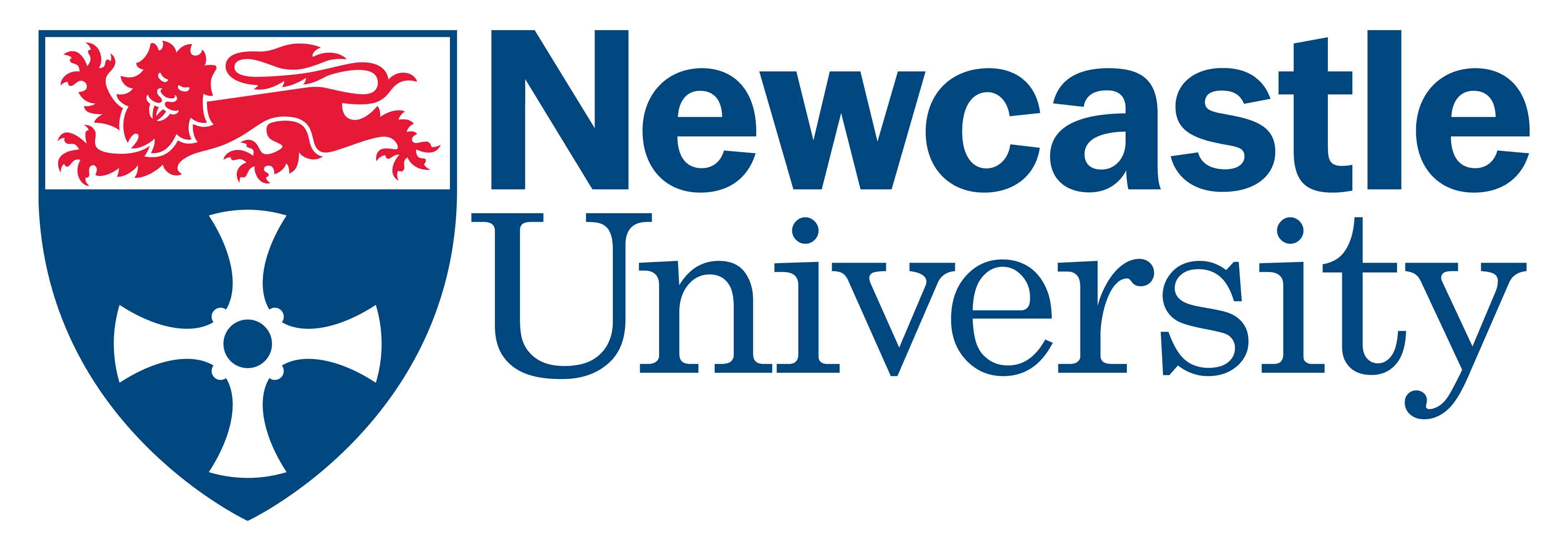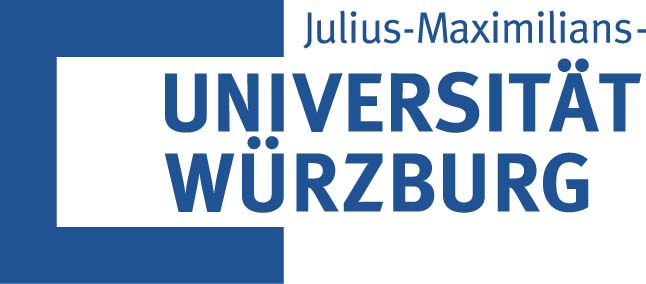About
Project summary
Museums are in a moment of change - the idea of what a museum is, who it is for and why it does what it does needs to be considered more carefully, as the institution repositions itself within contemporary social and cultural dynamics of democracy. Museums internationally are undergoing a process of renegotiation and repositioning - sparked from within and in response to external factors - which is reflected in the development of a new ICOM definition for museums. Many now position themselves as socially-important actors addressing contemporary political topics, relating to inclusion and exclusion, representation and recognition. From the 19th century, the UK and Germany have similar national museum histories, yet very different political trajectories. The contemporary museum landscape allows for international cross- fertilisation of ideas, concepts and practices, yet the idea of 'the museum' in the UK and Germany differs markedly.
The project's premise is that while museums and notions of democracy in the two countries are different, they are changing as a result of a dynamic process of global interrelations and contrasting reactions. In other words, the developments in each country respond to similar globally-circulating issues, to shared transnational histories and humanistic values, yet they do so in different ways. Rather than focussing on a historical perspective and analysis, our project is innovative in taking a contemporary critical museological perspective to address this phenomenon. It aims to analyse how, and to understand why, these interconnected processes produce results that are often quite different, despite using the same terminology, emerging from 'universal' ideas and within the same form of institutional setting. Examining the idea of 'the museum' in each country, through case studies which address, represent or respond to issues of democracy, our project highlights such contrasts, while simultaneously allowing for critical analysis of the differences, similarities and changes.
Our project involves researchers from the UK and Germany undertaking transnational research on and in museums in both countries using qualitative methods and taking a case study approach. This will include institutional analyses, exhibition and display analyses, semi-structured interviews, visitor research, participant observation, focus groups and questionnaires to collect and analyse data, and workshops with museum professionals to discuss preliminary findings, to strategize andco-produce sector-specific training and a toolkit. Our results will be published in a co-edited project book, in academic journal articles and conference presentations, in public communication articles, a PhD thesis, bespoke museums sector training events and a co-produced online toolkit for museum professionals internationally.
We aim toenrich the development of a new reflexive Museum Studies and museum practice - a field which has too often rested on the assumed 'universality' of dominant national understandings of museums rather than on the nuanced differentiation of museums from transnational, international or global perspectives, for diverse contemporary societies.Furthermore, in times of increasing populist and anti-democratic tendencies, the project intends to strengthen the capabilities of museums to act as dialogical democratic public spaces.
Research questions:
- How and why are democratic values in museums influenced by differing cultural dynamics in the UK & Germany?
- How do museums (re)present values and narratives of democracy?
- How are museums and memory sites changing as ideas of democracy change?




